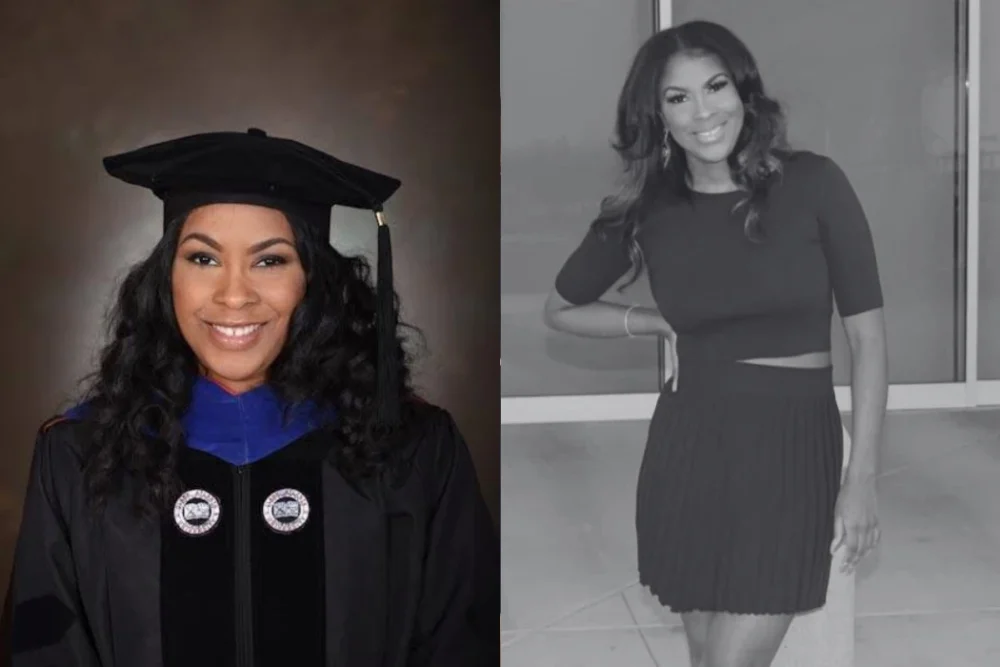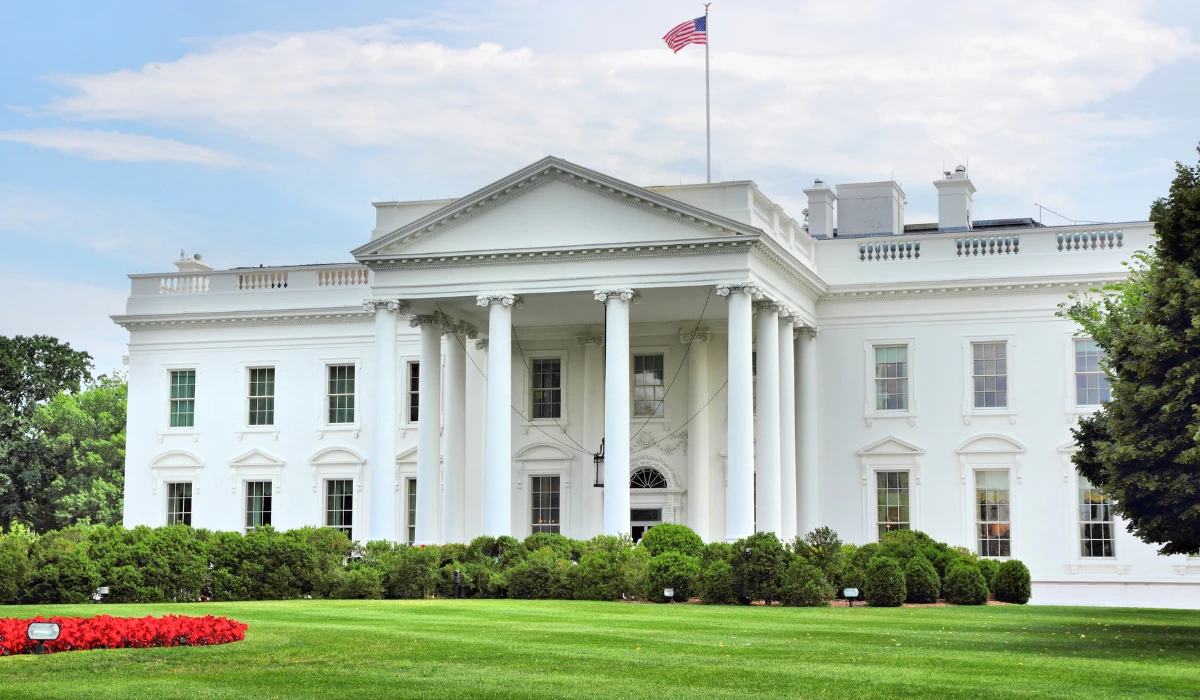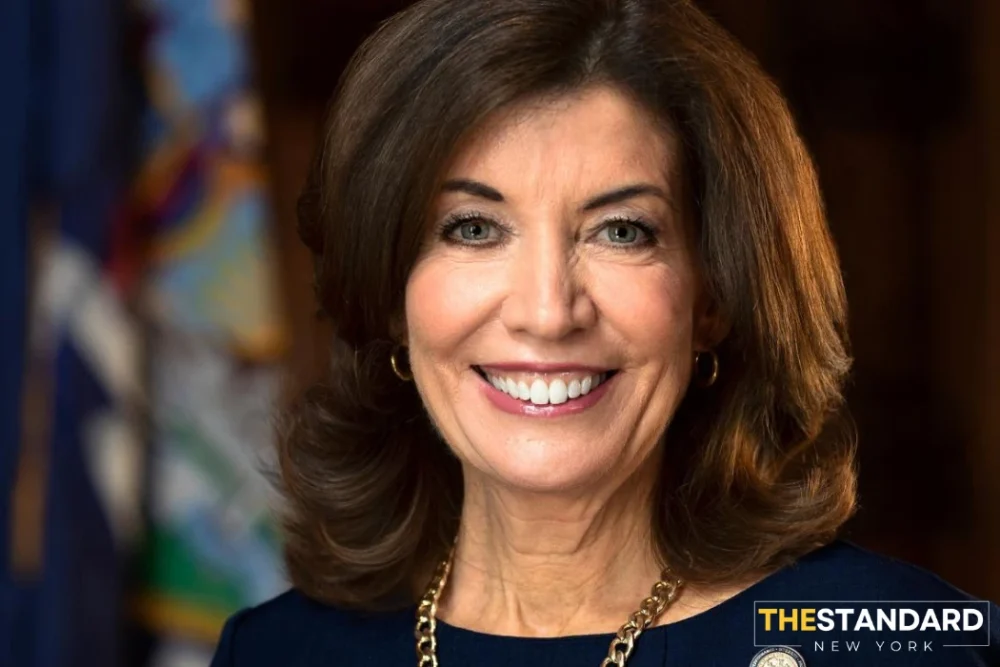The Clark Atlanta University community is mourning the loss of one of its most distinguished alumni, Dr. Cameisha Clark. Dr. Clark tragically passed away on May 5, just days after being shot in a brutal incident that the authorities are calling workplace violence.
On May 2, Dr. Clark, who served as the Dean of Student Affairs at Spartan College of Aeronautics and Technology in Inglewood, California, was shot in what authorities call an “execution-style” attack. The alleged shooter, former Spartan security guard Jesse Figueroa, reportedly returned to the campus in his uniform and opened fire on Dr. Clark and her assistant before fleeing the scene.
Dr. Clark, 34, fought for her life for three days in the hospital but ultimately succumbed to her injuries on May 5. Her assistant, who was also shot, is still undergoing medical treatment.
Inglewood Mayor James Butts expressed his sadness over the incident, telling KTLA 5, “This should never have happened…it’s a terrible instance of workplace violence. It’s a tragedy for the school, for the family…two wonderful people so viciously harmed, our hearts go out to the families.”
Remembering Dr. Cameisha Clark
In a heartfelt statement to NBC Los Angeles, Dr. Clark’s family said, “We are beyond devastated. Cameisha’s life was taken from us far too soon, in an act of senseless violence that no woman should ever have to endure. She was an amazing person who didn’t deserve this. She was living her best life, doing the work she loved.”
Dr. Clark’s educational journey was rooted deeply in Atlanta, Georgia. An alumna of Clark Atlanta University, she earned her bachelor’s degree in 2011, her master’s in 2013, and her educational doctorate in 2020. A proud member of Alpha Kappa Alpha Sorority, Inc. through the Alpha Pi Chapter, Dr. Clark was also a former cheerleader for CAU and an advocate against gun violence.
Her family describes her as “the most compassionate, loving, and fiercely loyal person.” They added, “She was a radiant, joyful, driven, and compassionate woman who touched countless lives across the country from her hometown of Atlanta to LA.”
Dr. Clark’s family emphasized that her legacy will be defined not by her tragic death but by the impact she had on others. “Cameisha uplifted everyone fortunate enough to cross her path. Her leadership, integrity, and deep sense of purpose helped shape futures of countless students from the campus of Clark Atlanta University to Spartan College. She believed in the potential of others even when they could not yet see it in themselves…Her presence was a gift, and the void left behind is immeasurable.”
Justice Dr. Clark
Jesse Figueroa, who was apprehended shortly after the shooting, is now in police custody. He faces multiple felony charges from the Los Angeles County District Attorney’s Office, including one count of murder, one count of attempted murder, and possession of a firearm by a previously convicted felon. His first court appearance is scheduled for May 29.
Where Is the National Outrage?
While the loss of Dr. Clark is undeniably tragic, what has also sparked concern is the lack of national outrage surrounding her death compared to other recent killings. In the past few weeks, there has been a wave of national condemnation following the deaths of white high school students in two separate incidents.
In Spotsylvania County, Virginia, Tyler Chase Butler was charged with the shooting death of Michael Bosworth Jr., a white high school senior, during a prank gone wrong. In Texas, high school student Karmelo Anthony was charged for the fatal stabbing of Austin Metcalf. Both incidents have sparked heated debates over race.
However, the brutal killing of Dr. Cameisha Clark, a Black academic leader and advocate for education, has not been met with the same level of outrage or media attention. This incident highlights the disparity in public reaction and media reporting in how violence against Black individuals is perceived.
This discrepancy raises difficult but necessary debates about how we, as a society, respond to violence based on the race of both the victims and perpetrators. Every life lost to violence, regardless of race or occupation, deserves a similar outpouring of grief and calls for justice.
Dr. Cameisha Clark’s life and legacy should not be overshadowed by the inconsistencies in how these stories are told. As her loved ones and academic communities continue to grieve, they also call for justice, not just in the legal sense, but in how the world values the lives and contributions of Black professionals who are tragically lost too soon.





